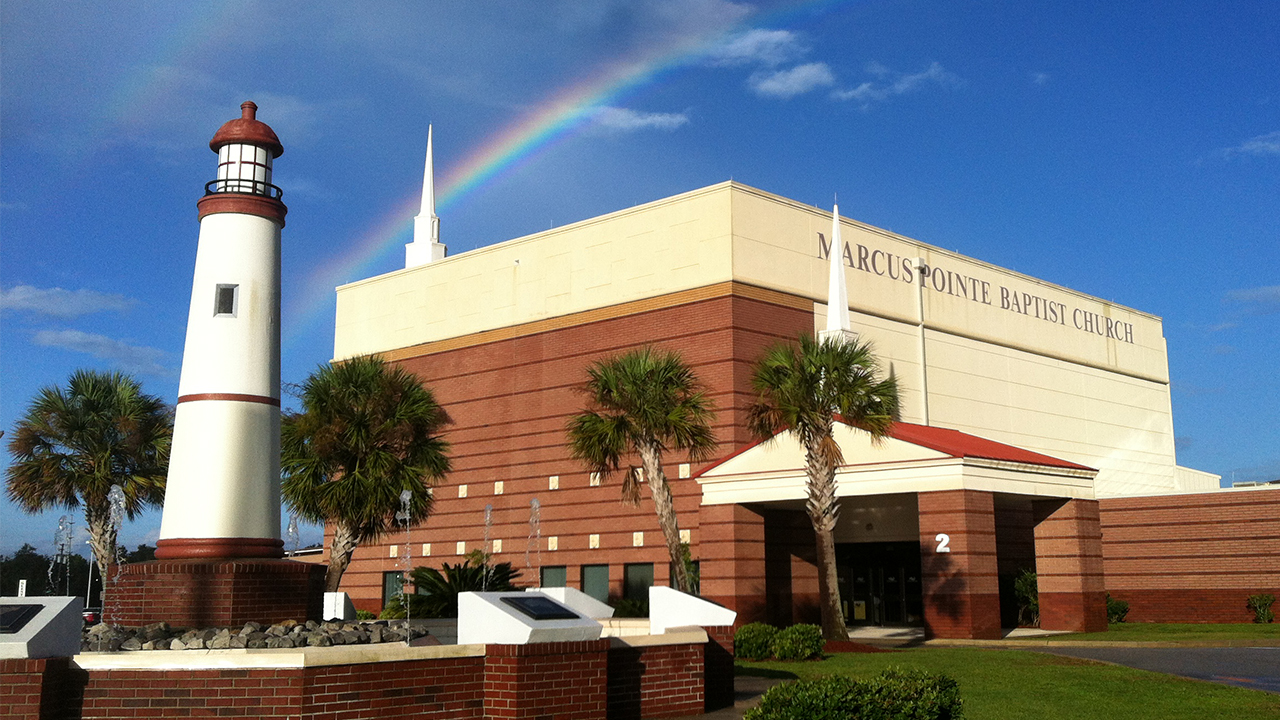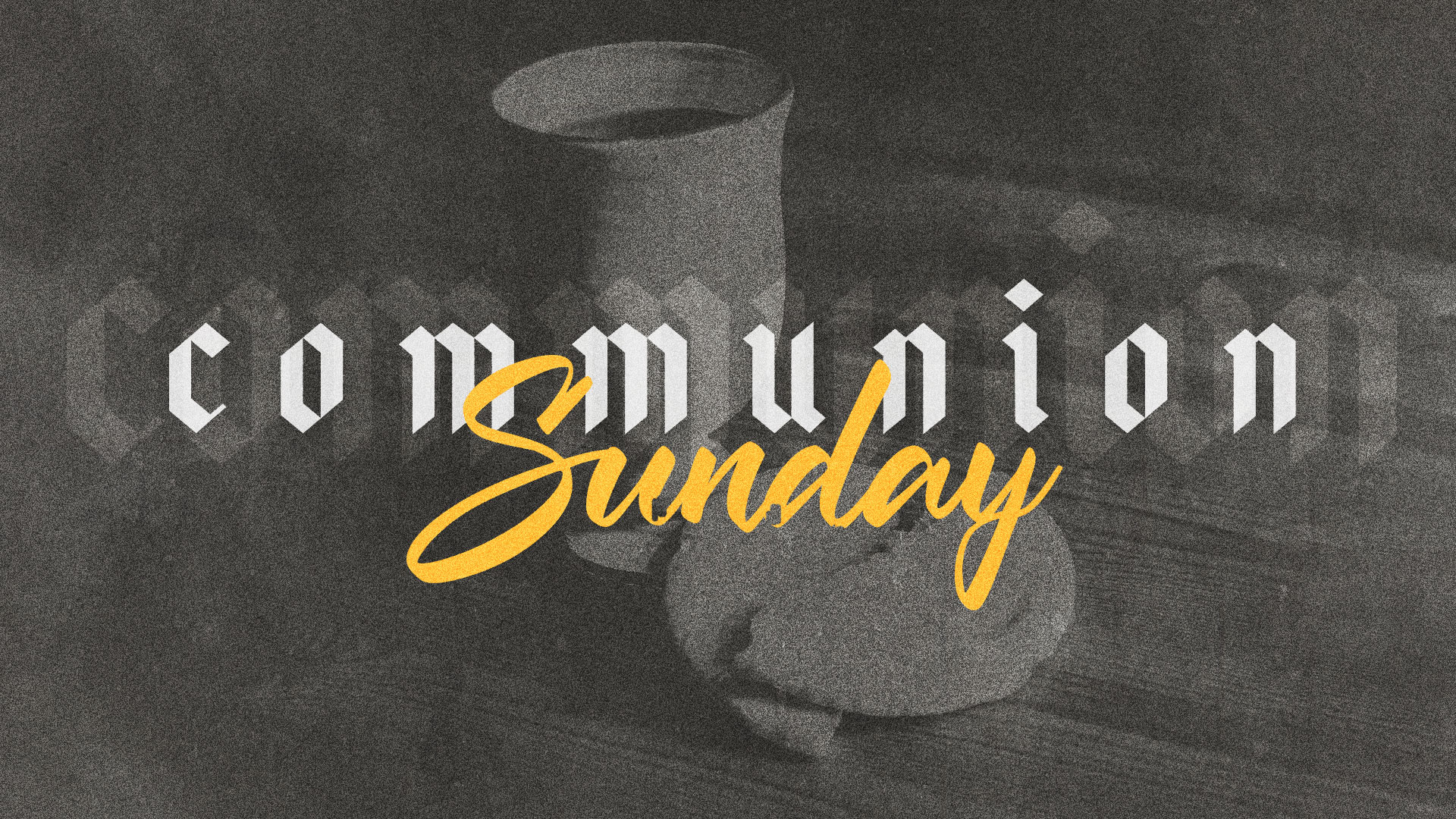There’s a powerful tension we all feel at some point—the pull between the comfort of home and the lure of independence. We’ve all sensed it: the desire to branch out, to prove ourselves, to chase something that looks better than what we already have. But sometimes that journey away leads us into places of brokenness we never imagined. And yet, even there, God’s grace meets us.
This is a story about wandering—and about coming home.
It’s about a man who had everything: love, provision, guidance, a good home. But like the younger son in Jesus’ parable, he believed there was something more “out there.” He chased freedom and fulfillment, only to find heartache and addiction. What started with teenage curiosity spiraled into cocaine, methamphetamine, and repeated prison sentences. Relationships crumbled. Hope vanished. His life became like a tangled fishing line—a mess of regret, shame, and despair.
But then something changed.
In a small town in Florida, standing by a creek, he cried out: “Lord, I can’t do this anymore.” That moment—raw and vulnerable—was the beginning of transformation. He realized he couldn’t fix his life, but God could. He needed divine direction, not just another attempt to do things his way.
That realization mirrors the prodigal son’s turning point: “When he came to himself.” That’s when grace rushes in—not when everything’s cleaned up, but when the heart turns homeward.
And this isn’t just about people trapped in addiction or in jail cells. This story belongs to all of us. Whether our journey has taken us down backroads of rebellion or quiet compromises of the heart, every one of us has drifted. Maybe not to the "far country," but we’ve all taken wrong trails. We've all stepped outside of God’s covering, seduced by the illusion that life would be better if we were in control.
Sometimes the enemy blinds our minds so thoroughly we don’t even realize what we’ve lost until it’s gone. But God never stops watching. Never stops waiting. Never stops loving.
The beauty of the gospel is not just in the forgiveness offered, but in the transformation that follows. In the story of the prodigal, the father doesn’t just allow the son to come home—he runs to meet him. He clothes him in righteousness, restores his dignity, and reinstates his identity. The robe, the ring, the sandals—every piece a symbol of wholeness.
This extravagant love isn’t reserved for a few. It’s for everyone who comes to the end of themselves and says, “God, I need You.”
Another story, parallel to the prodigal’s, is the story of Paul. Once a man who persecuted Christians with religious zeal, Paul believed he was doing the right thing—until God knocked him off his horse and opened his eyes to the truth. Both men had to encounter the reality of their need. Both had to be blinded to their old way of thinking so they could truly see.
In both stories, obedience followed awakening. The prodigal had to leave the pigpen and return home. Paul had to rise and go to Damascus. Transformation begins with obedience—saying yes to what God is calling you to, even when it’s uncomfortable.
What about you?
Maybe you’ve felt the tug—whether to leave behind destructive habits, step out of unhealthy relationships, or simply admit that your way isn’t working. Maybe God is calling you to something greater: deeper connection, renewed faith, restored joy. That calling might feel risky. But what waits on the other side is worth it.
Because God doesn’t just fix what’s broken—He remakes it.
This is the God who gives purpose to the wandering, peace to the weary, and identity to the lost. He isn’t an intruder—He’s an inviter. Always calling. Always waiting. Always loving.
Wherever you are on your journey—whether you’ve wandered far or just feel a little off course—there’s an invitation waiting for you: Come home.
God is ready to meet you in the road, robe in hand, eyes full of love. He’s ready to restore what was lost and redeem what was broken. He’s ready to write a new chapter in your story.
You are not too far gone.
You are not too broken.
And you are not alone.
The Father is waiting. Will you come home?






